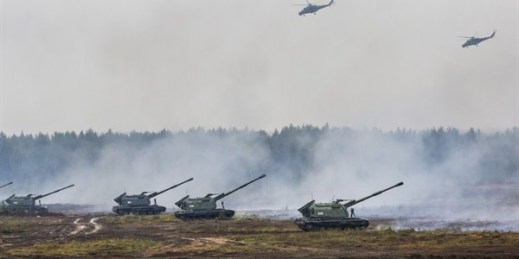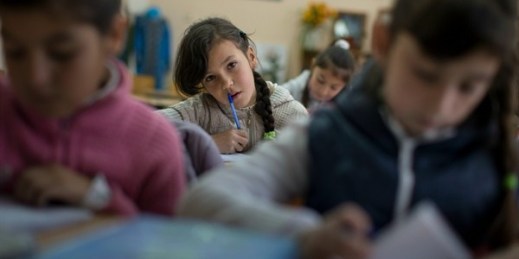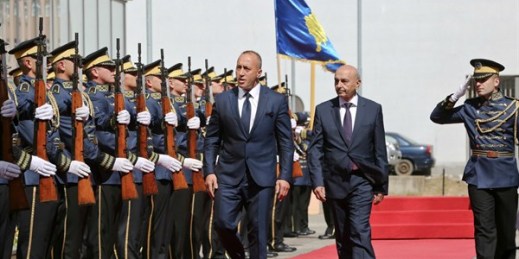
Russia kicked off much-anticipated military exercises this week involving either 12,700 troops—the upper limit to avoid a treaty-required NATO observation mission—or more than 100,000, depending on whether you believe the Kremlin or NATO officials. The live-fire Zapad 2017, or West 2017, exercises, conducted jointly with Belarus, portray a conflict with unidentified Western forces in a scenario that, again, is either a defensive operation or an invasion, depending on who you believe. In either case, despite an almost deadly missile misfire, the drills are being rightly billed as a showcase for Russia’s decade-long military modernization initiative. Launched following the disappointing performance […]


